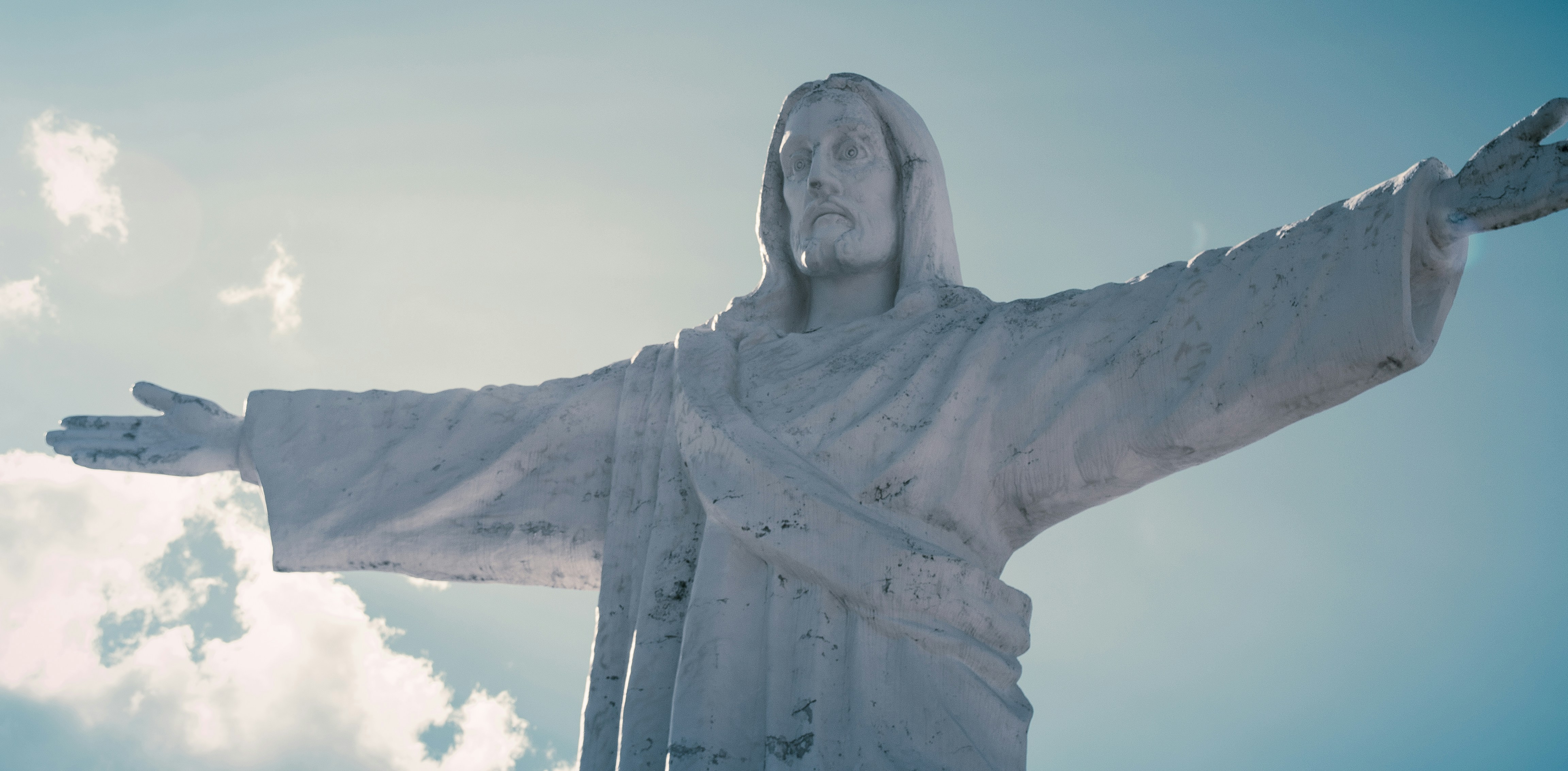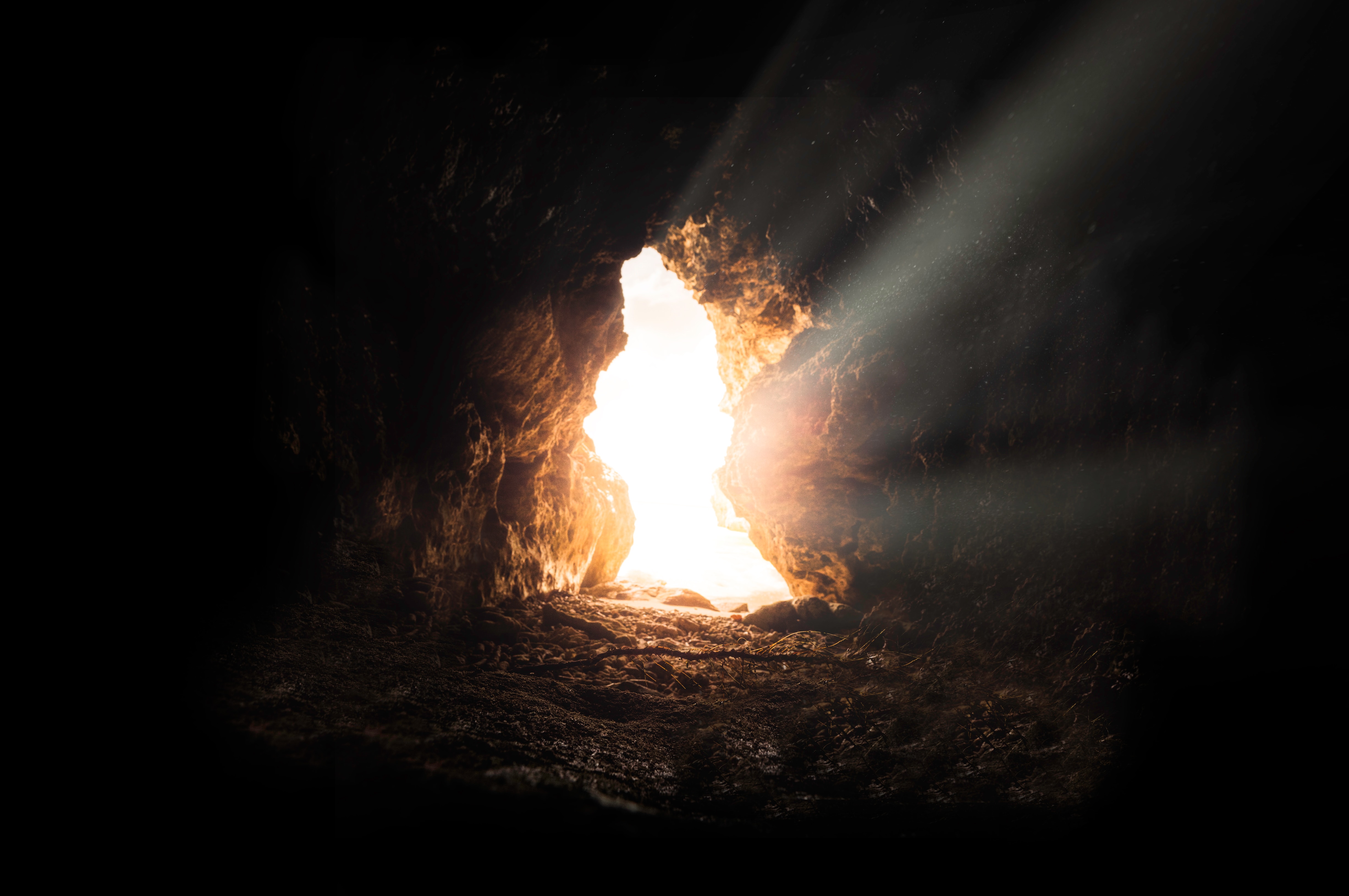In today’s first reading Paul calls everyone spiritual babies without actually calling them spiritual babies. He makes the analogy that he has been feeding everyone with milk because they cannot yet handle solid food. I’ve been there. I’m sure you have as well. It’s interesting that so many analogies of the faith in Scripture compare us to children.
At first, this can seem insulting, but why do we feel that way? We all remember times where our parents came to our aid or helped us through difficult circumstances. No matter how independent or successful we might be, we all need a parental presence in our lives to help guide us and keep us on the right track. Whether that is a friend, mentor, or parent, there are times in our lives when we just need the loving embrace of someone who can help us.
I think this is what Paul is getting at in the first reading. Notice that he doesn’t say we cannot handle anything. He feeds us milk instead of solid food. But milk is something. Milk is nourishing. At least we are being fed. My wife and I had our second baby boy back in March of this year and I continually look at my son and realize his complete dependance on us. He needs his parents for everything. There are times when I get frustrated and sleep deprived and wonder why he can’t just do some things on his own. But there are other times it brings me complete joy to just serve and love him.
God is similar in some ways and very different in others. He is similar in that it brings him joy to love us. He is different in that he never has those moments of weakness where he just wants us to do it on our own. He is the perfect parent and knows exactly where we’re at and what we need at this stage in our lives. Just like Paul knew the amount of wisdom to give the Corinthians about the faith, God knows our hearts. Like a loving father he is walking with us and feeding us in a way that we can actually consume.
I don’t think I have to point out the obvious that he not only feeds us with wisdom, but he feeds us with himself. Even the beauty of the Eucharist is veiled so that it is more digestible for us. God meets us where we’re at and with what we can handle to draw us ever closer into his love. But like any loving parent who longs for the embrace of their children, we need to put in our part. We need to show up. We need to ask for God’s grace so that we can become and continue to be the loving children that he has created. By trusting in Him, we make the next step towards being able to consume solid food.
From all of us here at Diocesan, God bless!
En la primera lectura de hoy, Pablo llama a todos bebés espirituales sin llamarlos realmente bebés espirituales. Hace la analogía de que ha estado alimentando a todos con leche porque todavía no pueden soportar alimentos sólidos. Yo he tenido momentos así. Estoy seguro de que tú también. Es interesante que tantas analogías de la fe en las Escrituras nos comparen con los niños.
Al principio esto puede parecer insultante, pero ¿por qué nos sentimos así? Todos recordamos momentos en los que acudimos a nuestros padres buscando su ayuda o nos ayudaron en circunstancias difíciles. No importa cuán independientes o exitosos podamos ser, todos necesitamos la presencia de los padres en nuestras vidas para ayudarnos a guiarnos y mantenernos en el camino correcto. Ya sea un amigo, un mentor o un padre, hay momentos en nuestras vidas en los que simplemente necesitamos el abrazo amoroso de alguien que pueda ayudarnos.
Creo que Pablo se refiere a esto en la primera lectura. Nota que no dice que no podamos digerir nada. Nos alimenta con leche en lugar de alimentos sólidos. Pero la leche es algo. La leche es nutritiva. Al menos nos estamos alimentando. Mi esposa y yo tuvimos nuestro segundo bebé en marzo de este año y continuamente miro a mi hijo y me doy cuenta de que es completamente dependiente de nosotros. Necesita a sus padres para todo. Hay momentos en los que me siento frustrado y me hace falta dormir más y me pregunto por qué él no puede hacer algunas cosas por sí mismo. Pero hay otras ocasiones en las que me produce completa alegría simplemente servirlo y amarlo.
Dios es semejante en algunos aspectos y muy diferente en otros. Es semejante en que le produce alegría amarnos. Es diferente porque nunca tiene esos momentos de debilidad en los que simplemente quiere que lo hagamos por nuestra cuenta. Es el padre perfecto y sabe exactamente dónde estamos y qué necesitamos en esta etapa de nuestras vidas. Así como Pablo sabía cuánta sabiduría debía darles a los corintios acerca de la fe, Dios conoce nuestros corazones. Como un padre amoroso, camina con nosotros y nos alimenta de una manera que realmente podemos consumir.
No creo que tenga que señalar lo obvio de que él no sólo nos alimenta con sabiduría, sino que nos alimenta consigo mismo. Incluso la belleza de la Eucaristía está velada para que sea más digerible para nosotros. Dios nos encuentra donde estamos y con lo que podemos manejar para acercarnos cada vez más a su amor. Pero como cualquier padre amoroso que anhela el abrazo de sus hijos, debemos poner de nuestra parte. Tenemos que presentarnos. Tenemos que pedir la gracia de Dios para que podamos convertirnos en y seguir siendo los hijos amorosos que él ha creado. Al confiar en Él, damos el siguiente paso para poder consumir alimentos sólidos.
De parte de todos nosotros aquí en Diocesano, ¡Dios los bendiga!

Tommy Shultz is a Business Development Representative for Diocesan. In this role he is committed to bringing the best software to dioceses and parishes while helping them evangelize on the digital continent. Tommy has worked in various diocese and parish roles since his graduation from Franciscan University with a Theology degree. He hopes to use his skills in evangelization, marketing, and communications, to serve the Church and bring the Good News to all. His favorite quote comes from St. John Paul II, who said, “A person is an entity of a sort to which the only proper and adequate way to relate is love.”
Feature Image Credit: Kim Gorga, unsplash.com/photos/clear-drinking-glass-with-white-liquid-p3ViLmVgVJ4












